Washington, MINA — US aviation regulators plan to order airlines to follow Boeing’s advisory on how pilots should handle false readings from a plane sensor that authorities linked to last week’s deadly 737 Max jet crash off the coast of Indonesia, The National reported.
The Boeing bulletin combined with statements by Indonesian investigators suggest that the pilots on the Lion Air 737 Max 8 were battling the plane as its computers commanded a steep dive. The issue is easily solved – Boeing’s notice said crews should follow an existing procedure to combat it – but can be difficult to address if pilots become confused.
The so called angle-of-attack sensor failed on Lion Air Flight 610 and had been replaced the previous day after earlier faults, the Indonesia National Transportation Safety Committee said in a briefing. The malfunction can cause the plane’s computers to erroneously register an aerodynamic stall, causing the aircraft to abruptly dive to regain the airspeed it needs to keep flying.
Also Read: US Special Envoy to Meet with Hamas Official
The US Federal Aviation Administration (FAA) last week said it would issue an airworthiness directive on the issue and “will take further appropriate actions depending on the results of the investigation”. The FAA also notified regulatory counterparts around the world, which typically follow the US agency’s lead on safety matters.
The Boeing bulletin only reminds operators of the plane to follow existing procedures and doesn’t require any physical fixes that could disrupt service. It’s still possible the FAA may order the Chicago-based plane maker to redesign the Max’s flight computers in the wake of the October 29 accident, which left 189 people dead.
The Lion Air jetliner plunged into the Java Sea minutes after takeoff from Jakarta airport, nosing downward so suddenly that it may have hit speeds of 950kph before slamming into the water, Bloomberg said.
Moments earlier, the pilots radioed a request to return to Jakarta to land, but never turned back toward the airport, according to Indonesia’s National Transportation Safety Committee and flight-tracking data. The committee said the pilots were dealing with an erroneous airspeed indication.
Also Read: UN Security Council to Vote on Trump’s Gaza Plan
Boeing said it is cooperating fully and providing technical assistance as the investigation continues.
Indonesia authorities said on Saturday they had stopped the search for victims of the crash but would keep looking for the Lion Air flight’s second black box, the cockpit voice recorder.
“There is nowhere left to search and we have stopped finding victims’ bodies,” Muhammad Syaugi, the head of the national search and rescue agency (Basarnas) told Reuters. “We will limit our operations to monitoring.”
Also Read: Rashida Tlaib and 20 US Lawmakers Introduce Resolution Accusing Israel of Genocide in Gaza
Still looking for the cockpit voice recorder.
Authorities have downloaded data from one of the black boxes found last week, the flight data recorder, but are still looking for the cockpit voice recorder.
Soearjanto Tjahjono, the head of the transportation safety committee (KNKT), said finding the voice recorder would be critical to understanding the cause of the crash.
“From the black box data, we know about 70 to 80 per cent of what happened but to 100 per cent understand the cause of the accident … we need be able to know the conversation that took place in the plane’s cockpit,” he said, declining to elaborate on what the flight data recorder had revealed. (T/RS5/RS1)
Also Read: Trump Pledges Full US Support for Syria Under New President Ahmed al-Sharaa
Mi’raj Islamic News Agency (MINA)





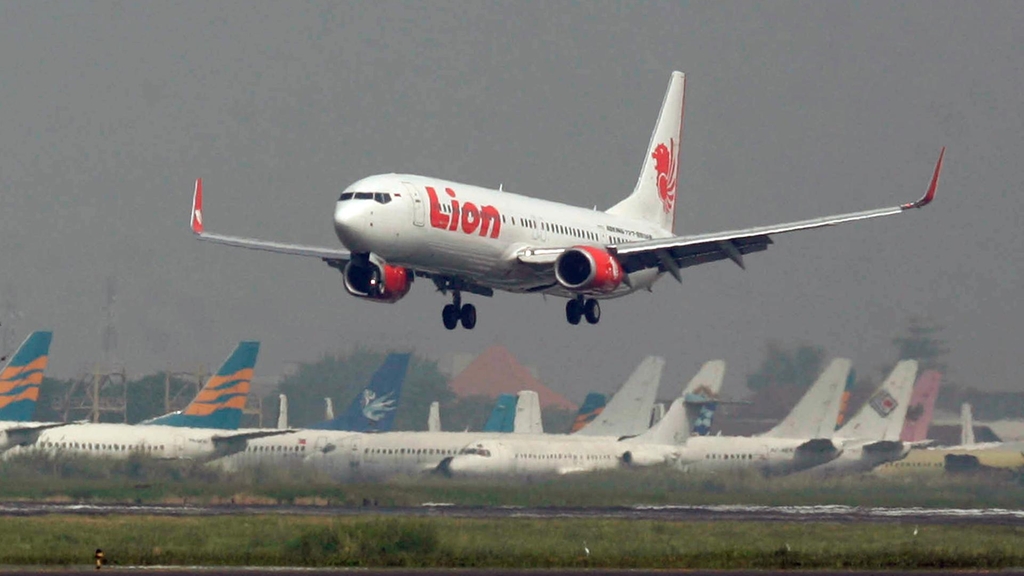






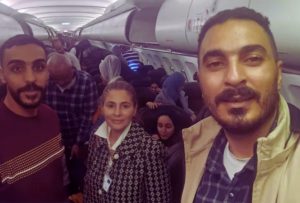


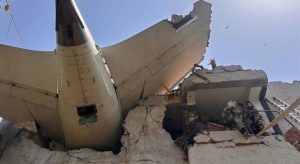
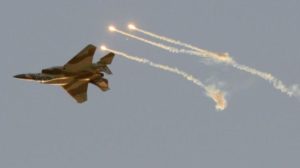
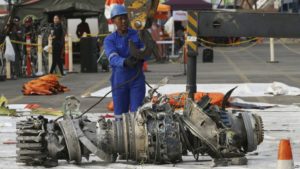
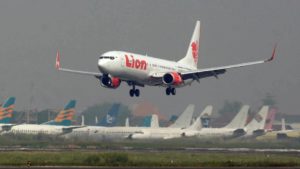
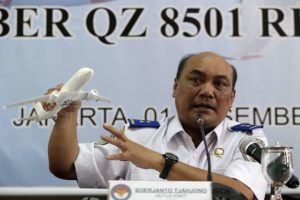
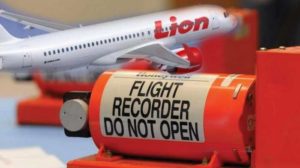














 Mina Indonesia
Mina Indonesia Mina Arabic
Mina Arabic